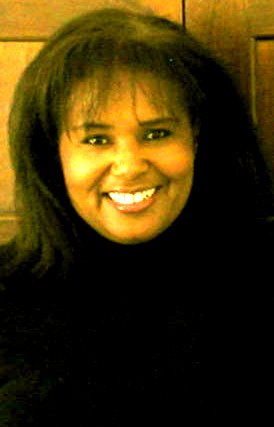Barack Obama and Michael Richards: When Worlds Collide
Hy·per·bo·le (hī-pûr'bə-lē) n.A figure of speech in which exaggeration is used for emphasis or effect, as in I could sleep for a year or This book weighs a ton.
[Latin hyperbolē, from Greek huperbolē, excess, from huperballein, to exceed : huper, beyond; see hyper– + ballein, to throw.]
Similarly: Barack Obama may be the best thing to come out of Illinois politics since Abraham Lincoln.
Some people might call Barack Obama the "flavor of the month" in the Democratic party right now. The rock star receptions, the media buzz, the hype, the book tour. He's got a lot of people singing his praises: from Oprah Winfrey to party strategists and newspaper columnists. Recent polls have placed him second or third in popularity with voters among those Democrats likely to run for president in 2008.
That he is still in his first term as junior Senator from Illinois and receiving such attention has many questioning whether he is too young or inexperienced to run. Others speculate as to whether this country is ready for a black man as its Commander-in-Chief. Some of us say it is about time.
Which brings us to a strange confluence of events: Obama delivers a well-received speech on Iraq and foreign policy to the Chicago Council on Foreign Affairs while out in Los Angeles, actor Michael Richards is banned from performing at the Laugh Factory and lambasted by his peers for his racist use of the "N"-word during a weekend performance.
Richards' use of the epithet was not part of his regular act. Unlike the legendary Lenny Bruce, Richards didn't use the word to deliver a homily about race and racism. Unlike the incomparable Richard Pryor, he wasn't trying to turn a mirror on us and expose the cracks in our society while making us laugh until we cried.
That Richards, while onstage, felt (or at least appeared to feel) that he could use the word without consequence reveals a distasteful side about the person most of us only know as Cosmo Kramer. What it reveals about us as a country is just as startling.
Barack Obama has a resumé most of us would love to possess. He is smart, articulate, well-educated, a former editor of the Harvard Law Review, community organizer and activist, state senator and now U.S. Senator. As this country still struggles to find a word comfortable enough to describe its black citizens, Obama is the walking definition of African-American. The hyphenate fits not because of the color of his skin, but the truth of his heritage: an African father and an American mother.
That he has captured the imagination of so many people, of such diverse backgrounds is encouraging. That he could mount a serious, run-to-win campaign for president is inspiring. And not just the hyperbolic sense of telling a child he could be president one day if...
Obama meets the Constitutional qualifications to be elected to the highest office. All other standards (foreign policy experience, military experience, was a governor, Washington-insider or -outsider) are politically-imposed and not just on Obama, but any and all other candidates. Forty-three men have occupied the presidency. In this country's history, there have been generals, farmers, lawyers, businessmen, a haberdasher, a bachelor, a Catholic, a really fat guy, tall men, short men, the handsome and the non-descript. But they have all been white.
So maybe, just maybe, 141 years after the Emancipation Proclamation, we are ready to seriously consider electing a black man to the office of President of the United States of America. And finally stop calling him "nigger."
Read Eugene Robinson's take on the story in the Washington Post.
